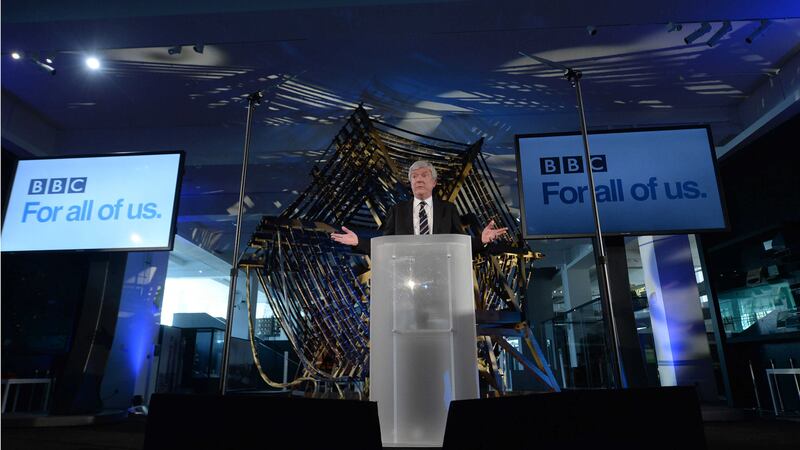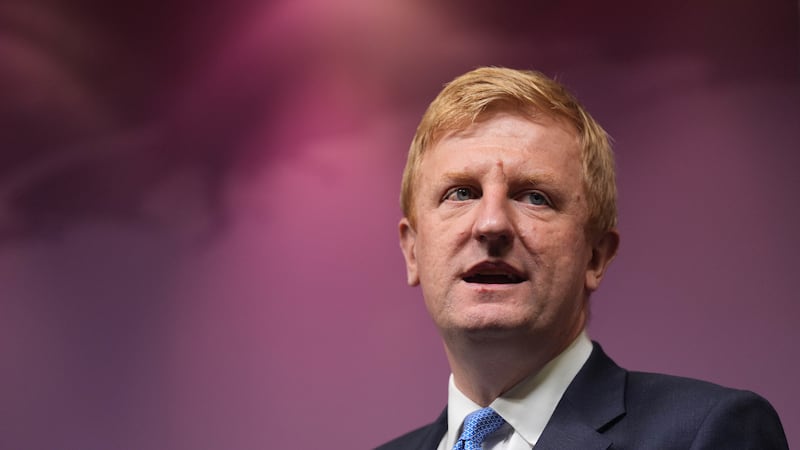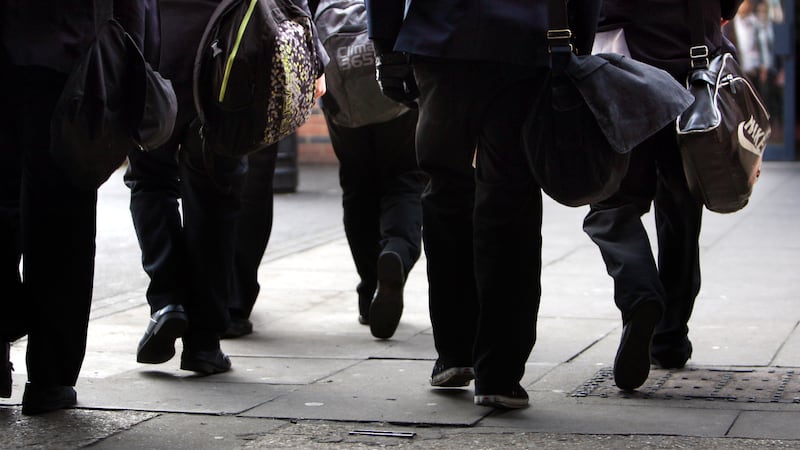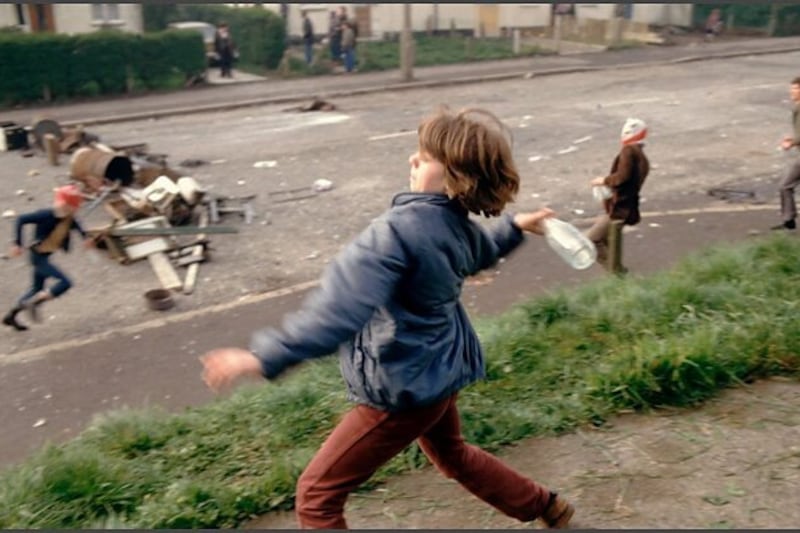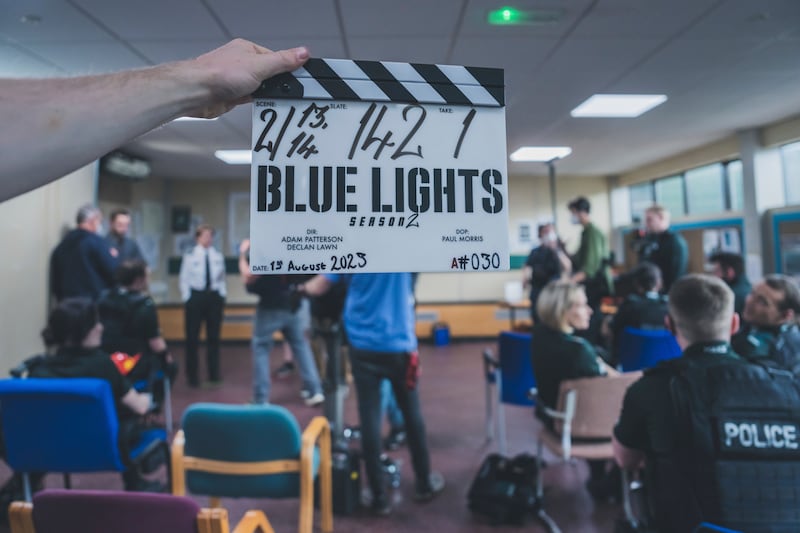What are the main proposals set out for the future of the BBC?
:: Funding for "high-quality British drama" as part of a "distinctive approach" across all channels and programmes. The broadcaster has pledged to "aggregate UK original content to increase the traffic to, and investment in, UK original content" after Ofcom expressed concern about a fall in investment of original British content.
:: Ideas Service - a partnership with numerous independent organisations, including museums, universities, schools, Royal Shakespeare Company and British Science Association, to bring the public "the best of British ideas and culture". By focusing on arts, science and history in both broadcast and online it will "offer people new ways to participate, engage and learn".
:: iPlay - an interactive children's service giving on-demand access to content and programmes online. It will offer "tailored, age-appropriate material that changes and develops from childhood through adolescence" with learning at its core to encourage children to be "active creators, not just passive consumers".
:: Support for new music acts to promote "the best of new British talent", backed by the UK music industry.
:: "Responsive" radio to give audiences a personalised schedule of programmes. Listeners will be able to "easily create their own, individual radio channels" based on their needs or the time of day. It will be a combination of live and on-demand radio programmes with music playlists, news updates and alerts.
:: "Significant investment" in the World Service to areas with a "democratic deficit in impartial news", including a daily radio news programme in North Korea, increased coverage in North Africa and India, renationalised content on BBC Arabic in the Middle East and more digital coverage in Russian on YouTube and Rutube, the Russian equivalent.
:: The offer of a partnership with regional newspapers to help support local democracy, including shared content and 100 "public service reporters" funded by licence fees to cover councils, courts and public services across the UK. Reporting will be available not just for the BBC but to "all reputable news organisations" with any media company able to compete for a contract in each area.
:: Opening up BBC iPlayer to include content from other organisations and working with the "widest range of partners". It will be a platform for "Britain's institutions of ideas, our museums, theatres and festivals, our universities and research institutions" working in collaboration with other institutions, individuals and even competitors.
:: A review of the BBC's website to ensure it is "distinctive with a stronger focus on online broadcast content" and a transition from rolling news to streaming news. Television and radio programmes will be accompanied by online content to create "a new set of internet-first services" that will deliver breaking news to the public as one combined service.
:: New versions of education, news and entertainment services in Scotland, Wales and Northern Ireland to "reflect deepening devolution" and to "capture the distinctive stories of our four nations". Each nation will be represented on a "pan-UK network service" with an interactive digital "channel" for each of the UK nations and a broader range of programmes and entertainment.
:: It is estimated the proposed services will cost around £150 million, which will be funded by "a mixture of re-prioritisation, changes to services and commercial income and policy changes". Reductions and closure of services will be announced later this year to meet the 20% savings imposed by the Government, which amounts to more than £550 million a year of savings by 2021.
